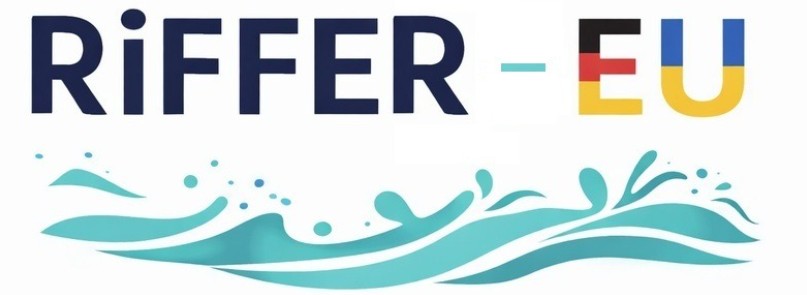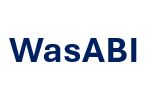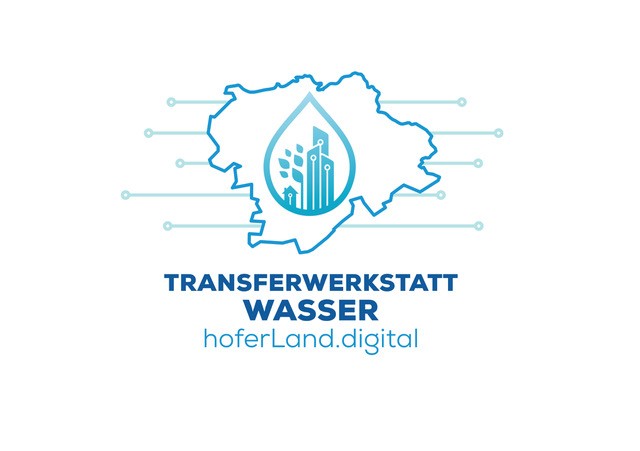

The holiday resort of Heringhausen am Diemelsee (North Hesse) has a population of around 400. In the summer months, up to 4,000 overnight guests and a further 1,000 day visitors come at the weekend. In view of these particular challenges, the municipality of Diemelsee decided to build a new SBR wastewater treatment plant and to connect all special structures to a common data and control network, which is AI-based and uses the CBR method to maximise the treatment capacity of the wastewater treatment plant and the energy/operating efficiency of the overall system. The wastewater treatment plant was fully commissioned in 2022 following the completion of the second construction phase.
The newly constructed Heringhausen SBR wastewater treatment plant is the centrepiece of the project due to the special inflow requirements from tourism and serves as a central location for data collection and data analysis. This is where all of the municipality's water management facilities come together in terms of data technology, meaning that the SBR wastewater treatment plant is the control centre for sustainable, networked wastewater disposal in the municipality of Diemelsee. For the first time in Heringhausen, the expected tourism data in combination with precipitation forecasts have been integrated into the control concept for the operational management of a wastewater treatment plant. In this way, the requirements to be fulfilled by law can be undercut, the Diemelsee can be optimally protected as a receiving water body and the environment can be protected. At the same time, a high level of operating efficiency is achieved even in the case of critical operating conditions in the past, such as underload outside the tourist season. The centrepiece of the new control system is a case-based control system based on case-based reasoning (CBR). The CBR approach is based on a predictive - i.e. forward-looking - approach to optimised and energy-efficient operational management and is a database-based form of artificial intelligence that is used to identify similarities between a new and a historical case.
Due to the high innovation potential and the expected high energy efficiency, the implementation of the technical equipment for the wastewater treatment plant was supported with a grant from the Federal Ministry for the Environment's Environmental Innovation Programme under the title "Wastewater Flexibilisation Diemelsee 4.0". In addition to the development of the control unit based on the CBR principle by the planning engineering firm Südwest-Consult GmbH & Co. KG, Meschede, a computer model of the sewer network and sewage treatment plant in Heringhausen was created by the Steinbeis Transfer Centre for Project Management at Magdeburg-Stendal University of Applied Sciences and numerous simulation runs were carried out. The results of the simulations were integrated into the CBR model as a data set. The findings from the computer modelling and the optimisation of the cycle control were transferred to the CBR model in order to support the operator in selecting a suitable cycle parameterisation. The results help to flexibly adapt the operation of the Diemelsee municipality's wastewater treatment plants to the respective requirements, in particular the strong inflow fluctuations caused by tourism, and thus to further protect the sensitive environment of the Diemelsee.
At the end of the federal funding, the plant operation of the innovation measure "Wastewater Flexibilisation Diemelsee 4.0" is to be monitored over a period of around 1 year and all data collected since commissioning is to be analysed in order to verify the improvements intended with the measure. The water infrastructure and digitalisation research group at the inwa Institute for Sustainable Water Systems was commissioned by the municipality of Diemelsee to carry out this monitoring.
Monitoring includes the following services:
Municipality of Diemelsee
Am Kahlenberg 1
34519 Diemelsee-Adorf
The research here is tough.










News about the inwa and its events.